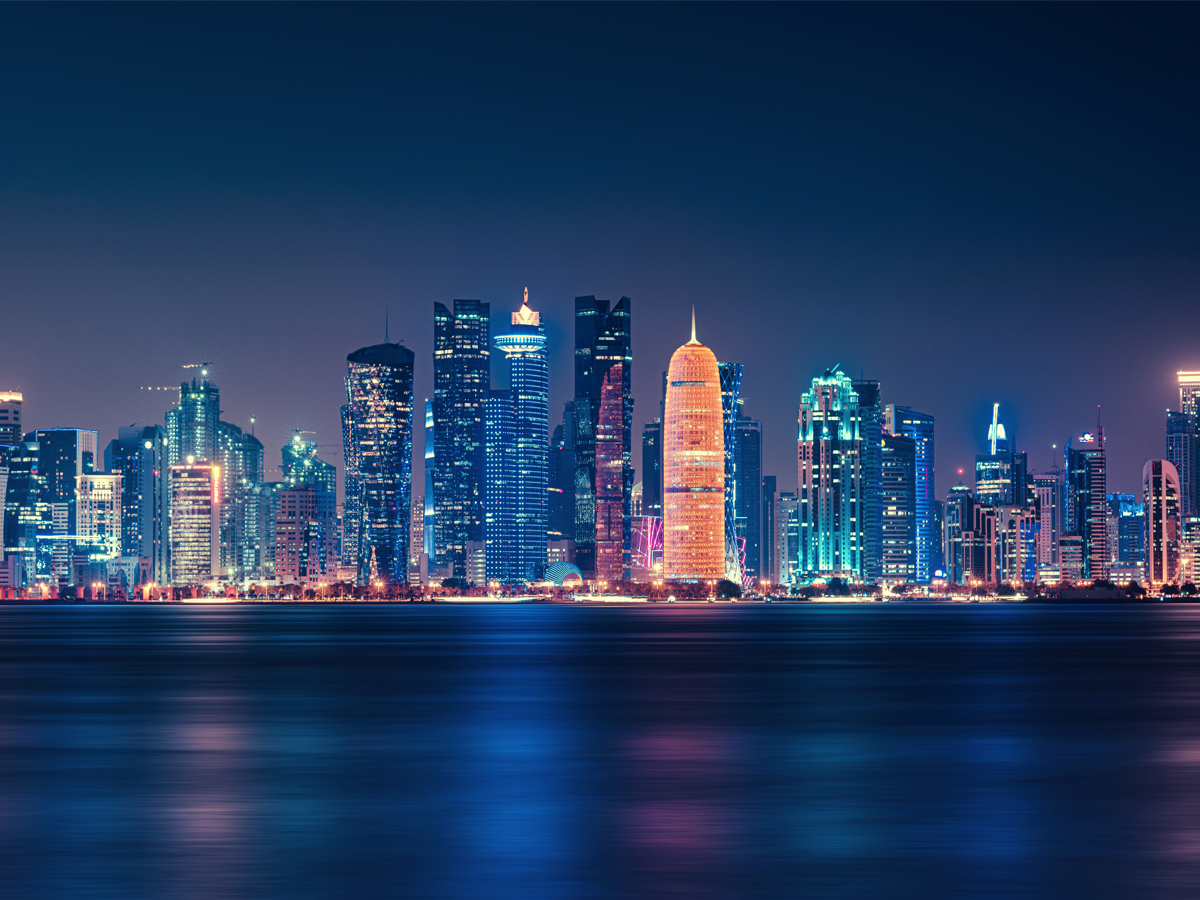Silicon Valley is the world's most important technology center and Tech Hub. Companies such as HP, IBM, eBay, Google, Netflix, Facebook, Apple, Uber, Oracle, and many more started with small projects (some inside a garage) and changed the lives of millions of people.
Silicon Valley is located in the San Francisco Bay Area and has a complete and integrated ecosystem that revolves around technology and innovation. The consolidation of businesses in the area happened because several major universities are nearby, and in the technology area, new talent is constantly needed.
Silicon Valley has this name because many technology industries use silicon to make chips. Today, many countries have sought to replicate and develop their own “Silicon Valley” and are now the birthplace of important startups.
Tech Hub
A Tech hub, or technology center, is a unique environment where innovation and technological development of companies and society in general is promoted. Due to this, the economy of the place changes dynamically around research, technological development and innovation.
However, there are a number of criteria that must be met before a site can be considered a technology center. There needs to be a concentration of brilliant minds, to enhance the technical and creative aspect, as well as much talent and good investment ideas in one place. There also needs to be a state-of-the-art infrastructure, which includes high-speed Internet connections, co-working infrastructure and above all the presence of investment funds.
Technology centers attract new talent, employment, and local and foreign investment in a region. They also foster a culture of collaboration that will be fundamental to the future of business and the economy. Today, Cochabamba is Bolivia's tech hub and continues to grow at an accelerated pace.
Smart Cities
On the other hand, a smart city is any city that makes use of technological advances and innovation to improve the quality of life and promote the sustainable development of its inhabitants. This refers to transport, connectivity, citizen safety, energy and other areas.
Living in a smart city has many benefits for society, as we have to make decisions faster and faster in various fields (economic, social, environmental, etc.). And these decisions must be made on the basis of well-defined information and not on the basis of estimates. Otherwise, the actions of governments and citizens are inadequate, generating dissatisfaction and a greater probability of error.
Smart cities solve problems of rapid growth, improving the quality of life of their inhabitants and generating alliances between the public and the private. Aspects such as mobility, security, public health, urbanism, energy, and public services, can be improved. These cities operate 24 hours a day and are completely based on advanced data use, automation, internet of things (IoT), infrastructure, artificial intelligence, cloud services and others.
Smart cities and technology centers are being built today in different parts of the world and the boom in software and technology development in general are helping to create the digital bases to make them possible.
To conclude, we leave you with one of the most famous phrases of electrical and physics engineer Dennis Gabor, "We can't predict the future, but we can invent it".








